Top Diamond Jewelry Trends of 2025
From lab-grown brilliance to heirloom revival — your definitive, deeply researched guide to what’s influencing diamond jewelry this year, how to shop smart, and how to style pieces that keep value and meaning.
Shop Trending Collections2025 is a pivot-year for diamond jewelry: lab-grown diamonds and sustainability are mainstream, vintage and micro-pavé details are trending, mixed metals and colorful accents dominate styling, and shoppers prioritize certification, ethical sourcing, and transparent pricing. This guide covers 25+ trend micro-topics, buying checklists, pros/cons, case studies, and 10+ FAQs.
Why 2025 Matters for Diamond Jewelry
2025 crystallizes several long-term shifts — sustainability, technology in gem production, and changing consumer values — into permanent market movement. Buyers now demand traceability, value, and design that fits both digital-first lifestyles and old-fashioned nostalgia. Jewelry houses and ateliers are responding with a mix of lab-grown offerings, recycled metals, and reinterpreted classics.
```- Lab-grown diamonds widely available and competitively priced.
- Micro-detailing (micro-pavé) and delicate settings are popular for everyday wear.
- Vintage revival and custom craftsmanship command premium attention.
Trend 1 — Lab-Grown Diamonds Take Center Stage
Lab-grown diamonds are not just a fad in 2025 — they are mainstream. Advances in growth technology, better certification, and larger size availability have made lab-grown diamonds attractive for engagement rings, fashion pieces, and bridal sets.
```Why buyers choose lab-grown in 2025
- Price-performance: Larger stones at lower cost per carat.
- Ethics & sustainability: Reduced concerns about mining impacts.
- Quality parity: Identical optical and physical properties to natural diamonds.
- Lab-grown diamond ring trend 2025

Explore lab-grown engagement ring styles and collections on our curated page: Lab Grown Diamond Engagement Rings.
Buying tip — Certification matters
Always request a reputable lab report for lab-grown diamonds. Look for grading that lists origin (lab-grown) and includes 4Cs. Pricing transparency from retailers makes comparison straightforward.
```Trend 2 — Vintage Revival & Heirloom Styling
Styles inspired by Art Deco, Edwardian, and mid-century designs are surging. Consumers want pieces that look like they've been loved for decades — intricate filigree, milgrain, and three-stone silhouettes.
```Elements that define the vintage revival
- Halo and cathedral settings with geometric motifs.
- Antique-cut diamonds and rose-gold patinas.
- Custom engraving and personalized hallmarks.
Example: Reworking a family stone
Step-by-step: Clean and certify the original stone → choose a vintage-style setting (halo or filigree) → match new side stones (if needed) with cut and color → final polish and hallmarks. This preserves sentimental value while updating wearability.
```Trend 3 — Mixed Metals & Layering
Layering is not just for necklaces. Rings, bracelets, and earrings mix yellow, white, and rose gold freely. The result: versatile, modern looks that suit varied wardrobes.
```How to layer
- Start with a neutral base (white gold or platinum).
- Add a rose-gold accent ring for warmth.
- Use a yellow-gold chain to tie in necklace tones.
Trend 4 — Colored Diamond Accents & Fancy Hues
Colored accents — champagne, cognac, salt & pepper, and faint yellow diamonds — are being used to create unique palettes. These are especially popular in bespoke pieces and statement earrings.
```| Accent Type | Typical Use | Price Impact |
|---|---|---|
| Champagne/Brown | Warm vintage pieces | Moderate |
| Salt & Pepper | Boho engagement rings | Variable, design-driven |
| Faint Yellow | Gold-accented jewelry | Low to moderate |
Trend 5 — Micro-Pavé and Delicate Settings
Micro-pavé and microscopic settings allow for exceptional sparkle with minimal metal. These techniques require craftsmanship and are ideal for stacking rings and delicate bridal pieces. Learn more about micro-pavé technique in our guide: Complete Guide to Micro-Pavé.
```
Craftsmanship checklist
- Look for uniform stone setting and consistent bead size.
- Check for secure prongs and proper polishing to avoid snagging.
- Request magnified photos or in-person inspection for small stones.
Trend 6 — Custom & Bespoke Jewelry
Bespoke jewelry continues to gain traction as consumers desire one-of-a-kind pieces. From initial sketch to prototype renderings, customers are involved in material choice, cut selection, and finishing.
```How to commission a custom piece — 7 steps
- Inspiration: Collect images and mood (Pinterest, sketches).
- Budget: Define an overall budget including labor and stones.
- Consultation: Meet a jeweler to discuss feasibility.
- Stone selection: Choose natural or lab-grown center stone and accents.
- Design approval: 3D renders or wax models for approval.
- Production: Crafting, setting, and polishing.
- Quality check & certification: Final inspection and documentation.
Trend 7 — Sustainability, Traceability & Ethical Sourcing
Transparency is non-negotiable in 2025. Buyers ask for chain-of-custody, recycled metals, and verified ethical practices. Retailers respond by publishing sourcing policies and third-party audits.
```Trend 8 — Bold Sculptural Statement Pieces
While delicate pieces dominate everyday wear, sculptural necklaces and oversized cocktail rings appear in editorial fashion and red-carpet moments — designed to be photographed and sentimentalized.
```Styling tip:
Balance a bold ring with minimal hand jewelry to avoid visual overload. Bold pieces work best with neutral wardrobes.
```Trend 9 — Minimalist Diamond Earrings for Everyday Wear
Classic studs, huggies, and tiny diamond hoops are the new daily essentials. Comfort-first design and secure backs (screw or locking) are a must for repeat wear.
Trend 10 — Men's Diamond Jewelry Goes Mainstream
Rings, pendants, and subtle diamond accents on cufflinks and watches are normalizing diamonds in men's wardrobes beyond luxury performance pieces.
How to Choose Diamond Jewelry in 2025 — Step-by-step Guide
This practical, buyer-focused guide walks you from idea to delivery.
```Step 1 — Define intent and frequency of wear
Is the piece for everyday wear, occasional use, or as an investment? Daily pieces should prioritize durability and low-profile settings.
Step 2 — Choose natural vs lab-grown
Compare cost, resale expectations, and ethical considerations. Use the table below for a quick decision matrix.
| Factor | Natural Diamond | Lab-Grown Diamond |
|---|---|---|
| Price | Higher per carat | Lower per carat |
| Resale Value | Historically stronger | Uncertain, improving |
| Traceability | Varies by supplier | Often transparent |
| Environmental Impact | Higher (mining) | Lower (energy-dependent) |
Step 3 — Select the cut and setting for lifestyle
Round and cushion cuts are forgiving for daily wear; emerald and asscher require better protection for the corners.
Step 4 — Confirm certification & return policy
Always request independent grading and a return window — especially for online purchases.
Step 5 — Final inspection
Inspect the item in natural light or request high-resolution, magnified images prior to shipping. Keep all paperwork and receipts for warranty and insurance.
```Buying Checklist & Comparison Table
Use this checklist at checkout.
- Certificate provided (type, lab name, report number).
- Return policy ≥ 14 days.
- Warranty and service options listed.
- Metal type and purity declared.
- Photos of actual item (not stock where possible).
- Engraving or custom requests confirmed in writing.
| Question | Yes/No | Notes |
|---|---|---|
| Is the diamond certified? | Yes | Record the certificate number. |
| Is the metal recycled? | Ask | Recycled metals reduce footprint. |
| Does return policy exist? | Yes / No | Prefer 14+ days for online. |
Pricing & Value: Lab-Grown vs Natural — A Clear Comparison
Pricing trends in 2025 show lab-grown stones offering 30–60% savings on per-carat price for comparable grades. However, natural diamonds still carry premium due to rarity and historical market perceptions.
```When to choose each
- Choose lab-grown when value-for-size is priority and resale is not the main concern.
- Choose natural if legacy, potential resale, or investment perception matters.
Case Studies & Real-Experience (E-E-A-T)
Below are anonymized, real-experience summaries from customers and in-house editors that illustrate modern buyer journeys and outcomes.
```Case Study A — The Bespoke Heirloom: “Reborn”
Scenario: A 2-carat family diamond was recut and reset into a three-stone ring with lab-grown side stones. Outcome: Modern, wearable ring with preserved sentimental value and a 40% cost saving vs buying new matching natural side stones.
Case Study B — The Budget-conscious Bride
Chose a 1.5 ct lab-grown center with micro-pavé in a minimal bezel. Result: High visual impact, safe for daily wear, and within budget. Customer feedback highlighted comfort and sparkle.
Styling Guides — 7 Real Examples
```1. Everyday Minimalist
Round solitaire on a bezel setting with thin stacking bands.
2. Bridal Statement
Three-stone with a slightly colored accent and filigree shank.
3. Layered Necklaces
Mix a choker with a pendant featuring a small diamond motif and a longer chain with a colored accent.
4. Festival Glam
Bold cuffs and large cocktail ring with asymmetrical diamonds.
5. Office to Evening
Small huggie earrings, a delicate diamond pendant, and a slim band.
6. Men’s Subtle
Studs or a single diamond in a signet ring accent for daily wear.
7. Heirloom Remix
Old cut center rescaled into a modern halo with tiny pavé shoulders.
```Care & Maintenance for 2025
Small maintenance steps extend life and sparkle: monthly warm-soapy water clean, annual professional check, and insured storage for valuable pieces.
```Cleaning routine
- Warm water, mild dish soap, soft brush — soak 10 minutes.
- Rinse thoroughly and dry on a soft lint-free cloth.
- For micro-pavé and intricate pieces, use professional ultrasonic only when safe per jeweler advice.
Pros & Cons — The 2025 Diamond Landscape
| Pros | Cons |
|---|---|
| More options across price points | Resale uncertainty for lab-grown |
| Increased focus on sustainability | Complexity when choosing certification |
| Design innovation (mixing metals, colors) | Craftsmanship variance — requires vetting |
Infographic & Visual Summary
Use this section as a visual snapshot for social sharing and store display.

Infographic summary: Lab-grown + Vintage + Micro-pavé + Sustainable metals = 2025 aesthetic
FAQs — Top Questions About Diamond Trends 2025
```1. Are lab-grown diamonds a good investment?
Lab-grown diamonds offer strong value-per-carat today but historically have different resale behavior than natural diamonds. Consider intent: for personal wear, lab-grown is cost-effective; for resale, understand market dynamics and certification.
2. How durable are micro-pavé settings for daily wear?
Micro-pavé can be durable if expertly set and maintained. For high-impact daily wear, prefer small bezels or stronger prong profiles on key stones.
3. Can I mix lab-grown and natural diamonds in one piece?
Yes — aesthetically they can match closely. Disclose both origins on documentation and ensure consistent grading to maintain visual uniformity.
4. What are salt & pepper diamonds?
Salt & pepper diamonds have unique inclusions that create a speckled appearance. They’re fashionable for boho and custom engagement styles.
5. Do colored accents affect diamond value?
Fancy color diamonds (vivid hues) have their own valuation scale. Light tints used as accents usually have modest value impacts and are design-driven.
6. How should I insure my diamond jewelry?
Obtain a property or jewelry rider policy using an appraisal from a certified gemologist. Keep documentation, photos, and receipts for claims.
7. What metals are trending for engagement rings?
Rose gold, recycled yellow gold, and white gold/platinum mixes are trending. Mixed-metal rings offer versatility.
8. How do I clean layered jewelry?
Clean each piece gently, dry fully, and store layered necklaces unclasped to avoid tangling. Professional ultrasonic cleaning is recommended periodically.
9. Are vintage-style settings more expensive?
Intricate vintage settings often require more labor and can be pricier. However, using a lab-grown center can balance cost.
10. How to choose between a solitaire and halo setting in 2025?
Choose a solitaire for timeless minimalism and easier resizing; choose a halo for perceived size and maximum sparkle.
Ready to Explore the 2025 Collections?
Discover curated selections that reflect these trends: lab-grown solitaires, vintage-inspired settings, and micro-pavé pieces — all ready for custom adjustments.
Explore Lab-Grown Engagement Rings Visit FancyDiamondJewels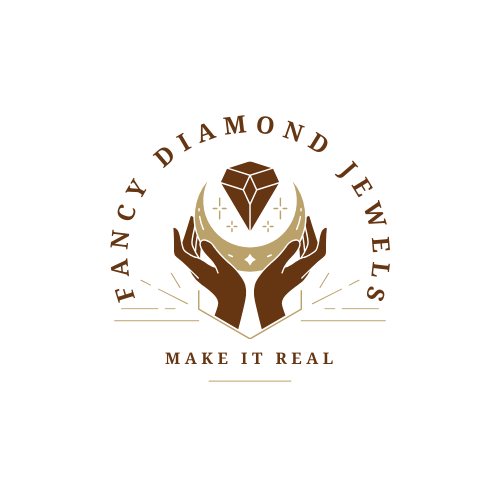
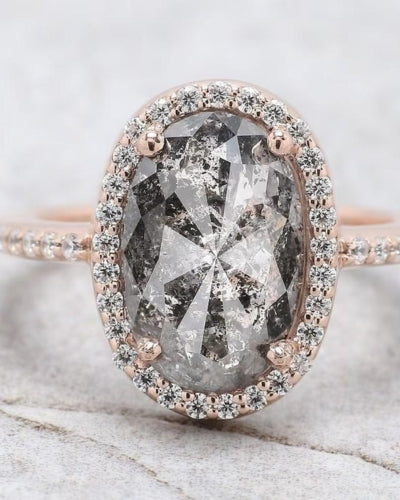
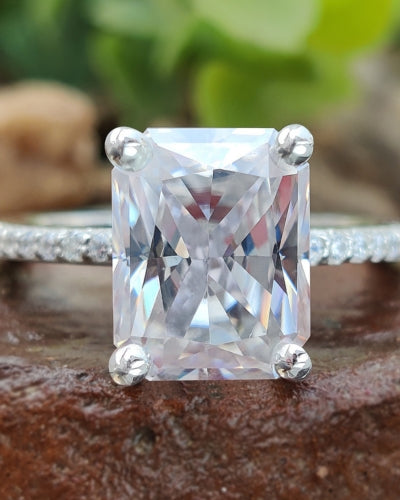
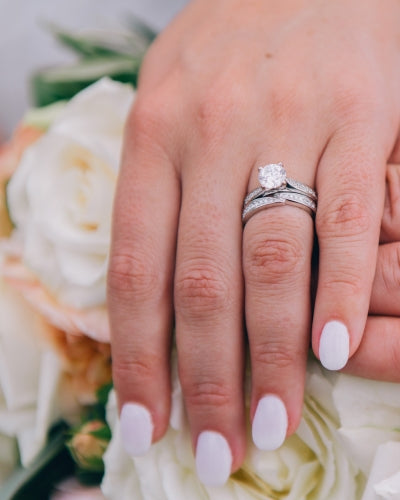
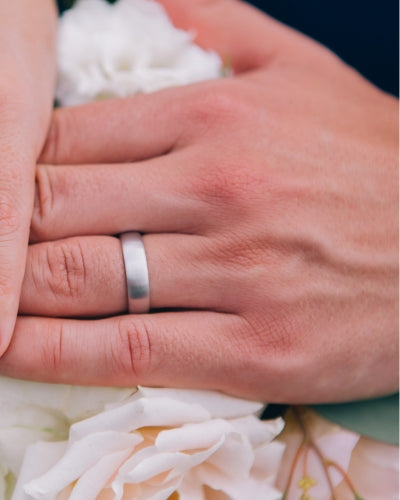
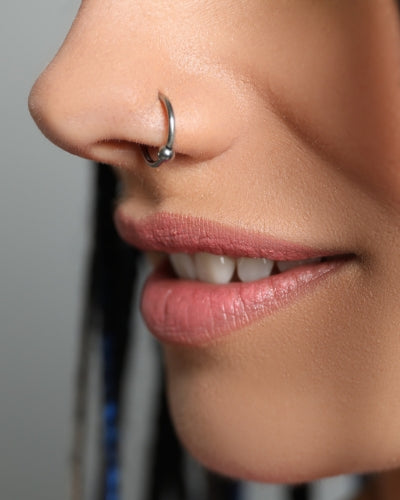
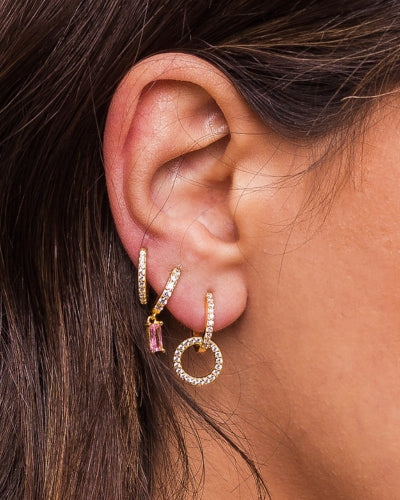
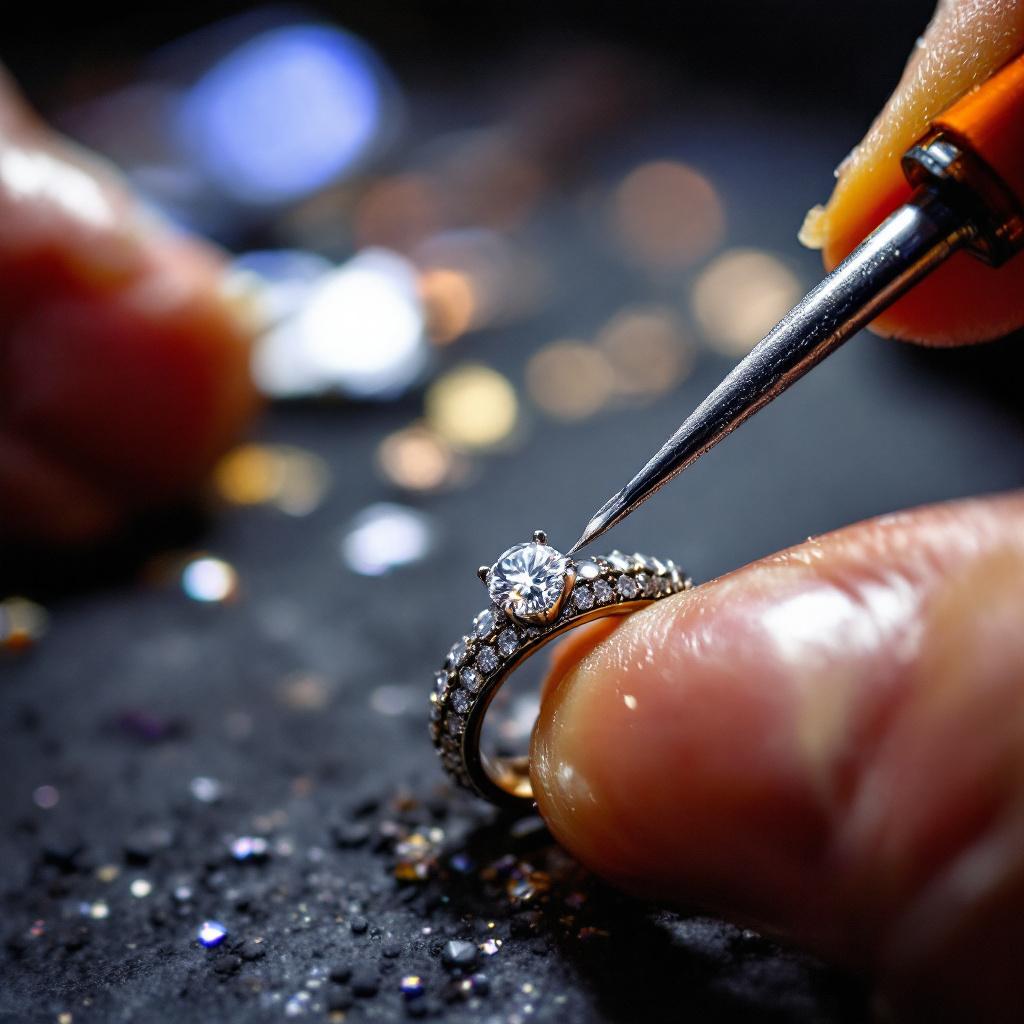
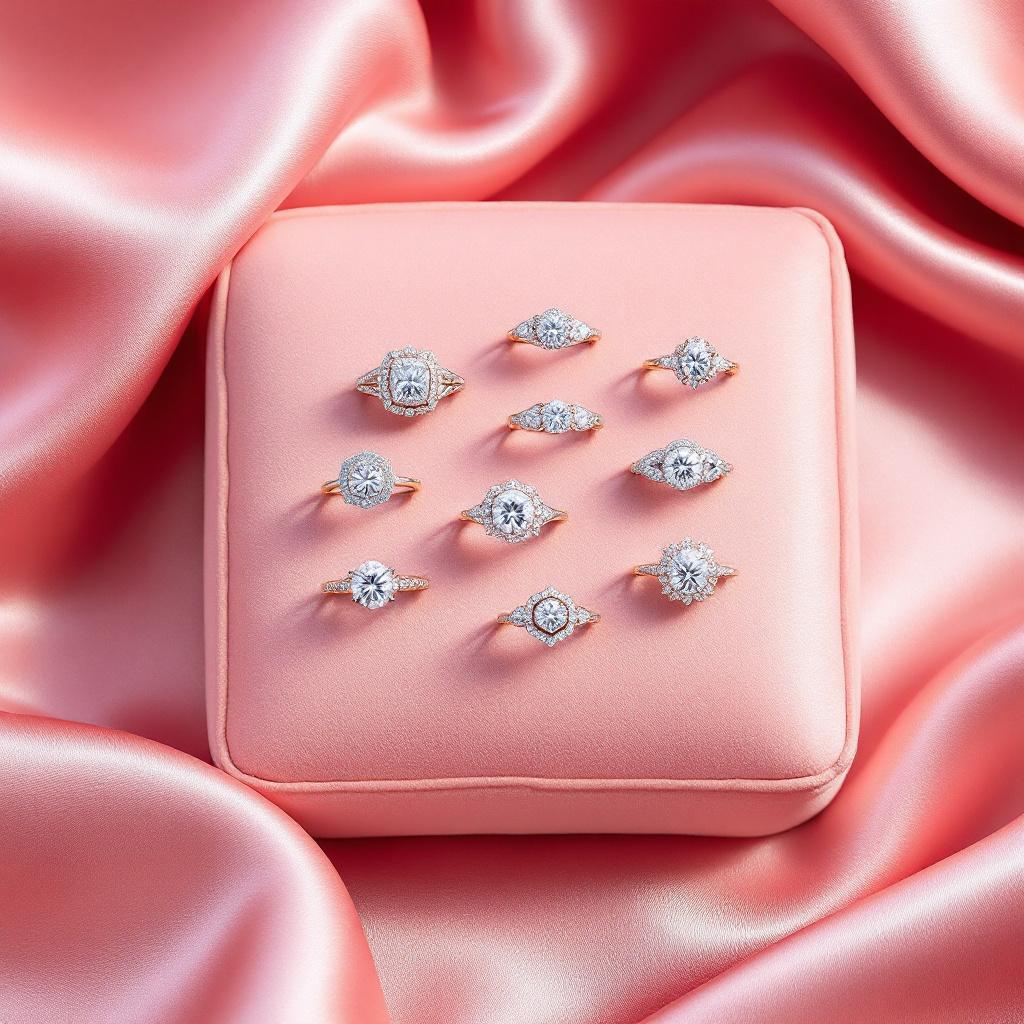
Laisser un commentaire
Ce site est protégé par hCaptcha, et la Politique de confidentialité et les Conditions de service de hCaptcha s’appliquent.